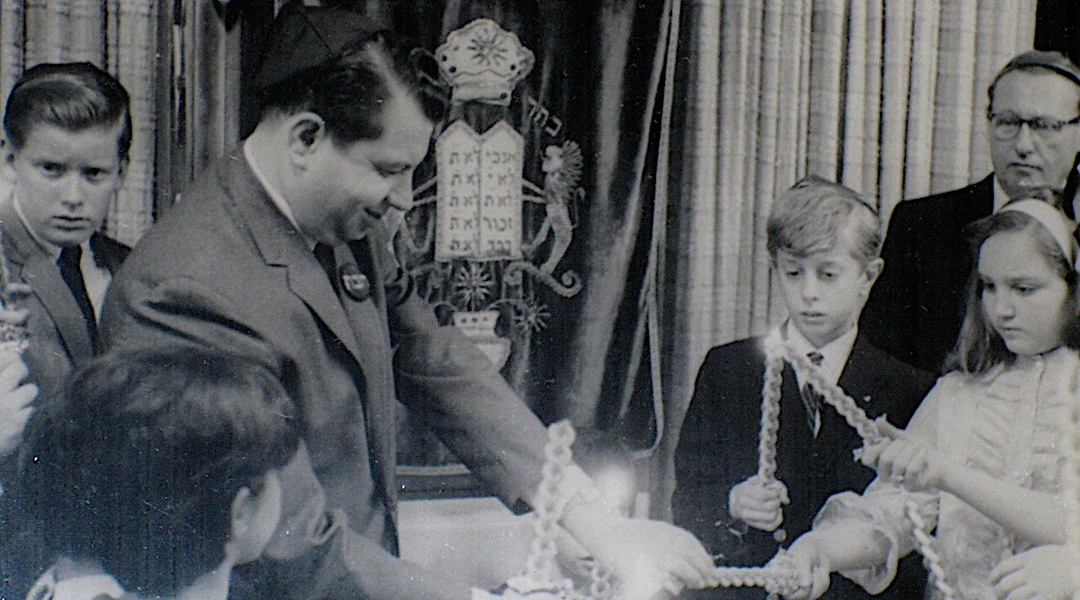New Knesset Sets Record For Most LGBT Members

Image by wikimedia
Israel’s elections on Tuesday resulted in what will likely be a fifth term for Prime Minister Benjamin Netanyahu – but there were a number of firsts as well.
The number of LGBT members of the Knesset, Israel’s parliament, will rise from two to a record five when parliamentarians are sworn in next month. Amir Ohana of the right-wing Likud and Itzik Shmuly from the left-wing Labor were re-elected, joining three new members from the centrist Blue and White party: Eitan Ginzburg, Idan Roll and Yorai Lahav Hertzanu. Ginzburg became the country’s first openly-gay mayor when he was elected to lead the Tel Aviv suburb of Ra’anana last year.
The Knesset will also see the first female Druze representative, former TV broadcaster Gadeer Mreeh, and the first female ultra-Orthodox representative, activist Omer Yankelevich, both from Blue and White.
The number of women has actually declined from 35 to 29 members in the 120-seat Knesset – partially the result of the success of the ultra-Orthodox parties Shas and United Torah Judaism, which do not run female candidates. The number of non-Jewish members of Knesset also declined from 17 to 12, largely due to a decline in Arab-Israeli voter participation that hurt majority-Arab parties.
In Israel, parties publish ordered lists of their candidates for Knesset, and citizens cast their vote for a specific party. Members are then elected in order based on the percentage of the total vote their parties get. So a party that gets 10% of the vote would place its top 12 candidates in the 120-seat Knesset.
Aiden Pink is the deputy news editor for the Forward. You can reach him at [email protected] or on Twitter, @aidenpink

I hope you appreciated this article. Before you go, I’d like to ask you to please support the Forward’s award-winning journalism this Passover.
In this age of misinformation, our work is needed like never before. We report on the news that matters most to American Jews, driven by truth, not ideology.
At a time when newsrooms are closing or cutting back, the Forward has removed its paywall. That means for the first time in our 126-year history, Forward journalism is free to everyone, everywhere. With an ongoing war, rising antisemitism, and a flood of disinformation that may affect the upcoming election, we believe that free and open access to Jewish journalism is imperative.
Readers like you make it all possible. Right now, we’re in the middle of our Passover Pledge Drive and we still need 300 people to step up and make a gift to sustain our trustworthy, independent journalism.
Make a gift of any size and become a Forward member today. You’ll support our mission to tell the American Jewish story fully and fairly.
— Rachel Fishman Feddersen, Publisher and CEO
Join our mission to tell the Jewish story fully and fairly.
Only 300 more gifts needed by April 30






















